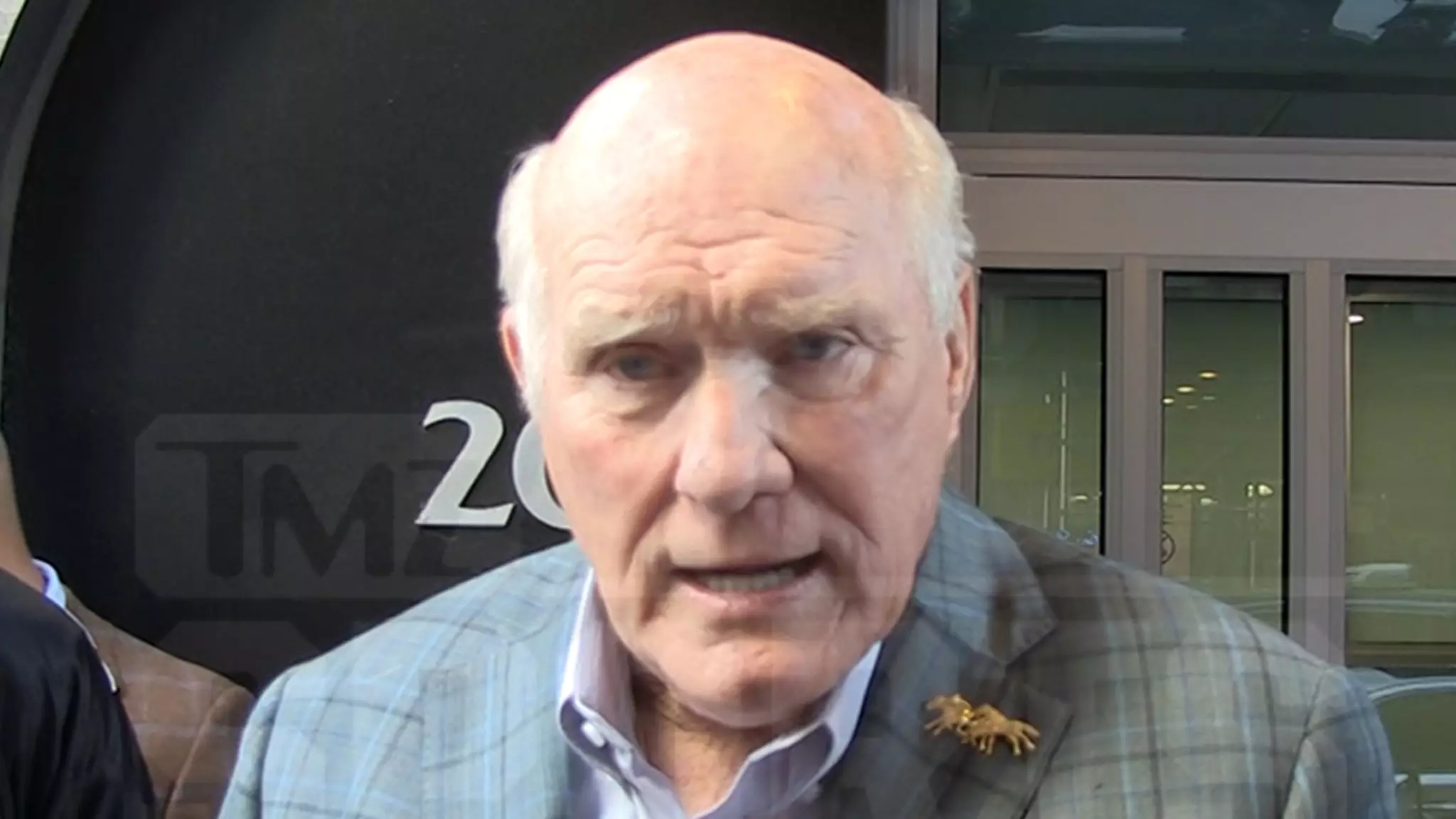The Pittsburgh Steelers are currently in a peculiar situation regarding their starting quarterback position, with much of the discourse spotlighting young talent Justin Fields and seasoned veteran Russell Wilson. As external pressures mount, fans and analysts alike are debating which player should be at the helm of the offense. Prominent voices like Terry Bradshaw, a Steelers legend and Hall of Famer, weigh in on the matter, adding to the intrigue surrounding the current state of the team.
As the Steelers sit tied for first place in the AFC North, speculation about a potential quarterback switch has intensified, particularly with the prospect of Wilson taking the starting role. However, Bradshaw is adamant that Fields—who has shown promise in his young career—should continue leading the team. He points to Fields’ impressive athleticism and skill set, suggesting that the quarterback “fits the team he has right now.” This endorsement highlights not only Fields’ capabilities on the field but also suggests that continuity might be vital for the Steelers’ success in such a competitive division.
Bradshaw’s confidence in Fields indicates a belief in the importance of developing young talent rather than relying solely on experience. The philosophy suggests that the Steelers may benefit from nurturing Fields instead of hastily switching to a veteran whose experience may not translate into better production or chemistry with the team.
While Bradshaw champions Fields, the young quarterback has a more critical view of his own performance. Fields expressed dissatisfaction with his recent play, indicating a level of self-awareness that is crucial for any athlete. His comments reveal an understanding that his performance—not injury or external speculation—should dictate his place on the field. This introspection is valuable; it shows he is motivated to improve and that he acknowledges the competitive nature of football, positioning himself as a player committed to growth.
Fields’ self-analysis contrasts with the external narrative. While fans might see potential in him, he knows that the benchmarks of success are set high in the NFL. This type of honesty could be a double-edged sword, as it underscores the pressure he places on himself while also reflecting a willingness to engage in self-improvement, a trait that can rally support from teammates and coaches.
Head coach Mike Tomlin’s decision to consider Wilson as a starter indicates a strategic pivot that could impact team dynamics. While veteran players bring experience and a proven track record, one must question whether a transition to Wilson aligns with the Steelers’ long-term objectives. A shift away from Fields might provide short-term stability, but it risks stunting the growth of a budding talent whose potential could be harnessed for future seasons.
In the conversation regarding the Steelers’ quarterback situation, it is clear that both fields provide unique strengths and challenges. Moving forward, the organization must weigh the benefits of immediate performance against the prospects inherent in fostering young talent. The unfolding scenario is not merely about winning games; it is about molding the future of the franchise and ensuring consistency in a fiercely competitive league. As the Steelers prepare to face their next opponent, the resolution of this quarterback dilemma may prove critical to their season and beyond.

